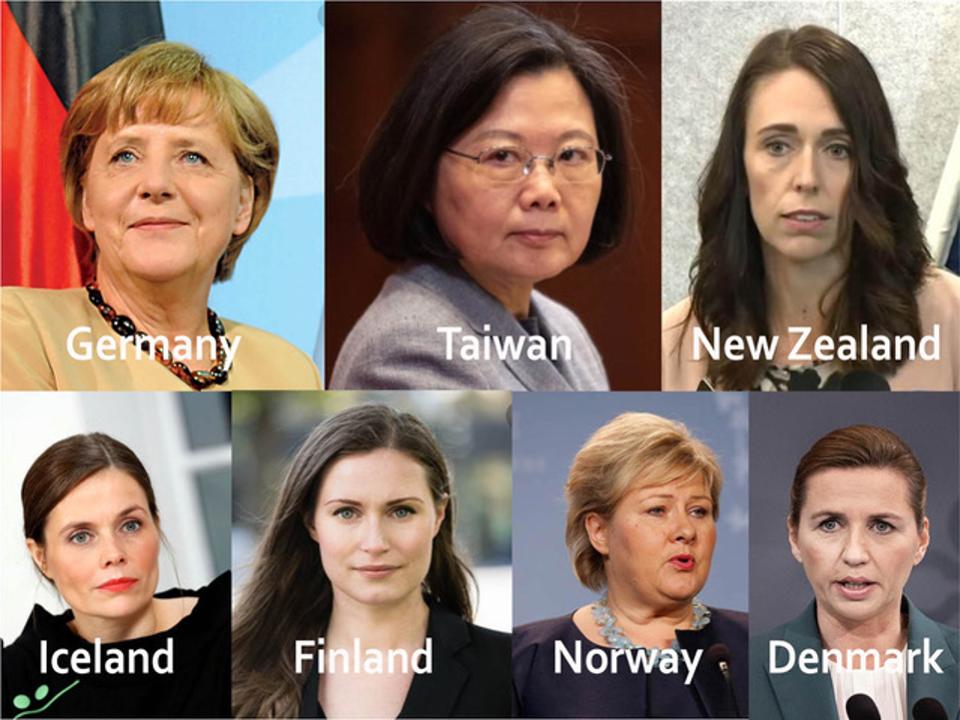WOMEN AND GIRLS, HIV/AIDS

HIV (Human Immunodeficiency Virus) is a sexually transmitted infection (STI) which can be transmitted through contact with infected blood, semen or vaginal fluids.
According to AVERT (2020), since the start of the global HIV epidemic, women in many regions have been disproportionately affected by HIV. Today, women constitute more than half of all people living with HIV, and AIDS-related illnesses remain the leading cause of death for women aged between 15 and 49. Young women (aged 15-24), and adolescent girls (aged 10-19) in particular, account for a disproportionate number of new HIV infections. In 2017, 7,000 adolescent girls and young women became HIV-positive. This is a far higher rate than new infections among young men, with young women twice as likely to acquire HIV as their male peers.
Also AVERT (2020) states that in sub-Saharan Africa, despite making up just 10% of the population, one out of every five new HIV infections happens among adolescent girls and young women. In the worse-affected countries, 80% of new HIV infections among adolescents are among girls, who are up to eight times more likely to be living with HIV than adolescent boys. It is estimated that around 50 adolescent girls die every day from AIDS-related illnesses. Nigeria has the second largest HIV epidemic in the world. Although HIV prevalence among adults is much less (1.3%) than other sub-Saharan African countries such as South Africa (19%) and Zambia (11.5%), the size of Nigeria’s population means 1.8 million people were living with HIV in 2019. According to United Nations AIDS (UNAIDS), Nigeria has the second largest HIV epidemic in the world and one of the highest rates of new infection in sub-Saharan Africa.
In the article “How does HIV/AIDS affect women” by the National Institute of Child Health and Human Development (2017), HIV disproportionately affects women and girls because of their unequal cultural, social and economic status in society. HIV is most often spread through sex. Women may be at greater risk of being infected with HIV during sexual contact than men are. This is because the fragile tissues of the female ex organ can tear slightly during sex and let the virus enter the body. (This is especially likely among girls under age 18.) Studies show that the female sex organ due its large surface is easily exposed to the virus, thus increasing risk of infection and most women around the world who have HIV were mostly infected through sex with a man.
Furthermore, unaccommodating attitudes towards sex outside of marriage and the restricted social autonomy of women and young girls can reduce their ability to access sexual health and HIV services. Other factors as opined by AVERT (2020) which have contributed to this disparity include; poverty, lack of access to education, gender-based violence, “sugar-daddy culture” and transactional sex, child marriage, etc. Intimate partner violence, inequitable laws and harmful traditional practices reinforce unequal power dynamics between men and women, with young women particularly disadvantaged. HIV is not only driven by gender inequality, but it also entrenches gender inequality, leaving women more vulnerable to its impact.
A call for new approaches to reducing HIV rates among women is highly encouraged at this stage. Firstly, more efforts should be geared towards a universal access to sexual and reproductive health for women and girls. Secondly, increased public awareness campaigns for gender equality that stigmatize violence and discrimination against women and girls and the use of female-controlled prevention methods should be encouraged.
However, CFHI through her HIV/AIDS based programs and its social media platforms has continually advocated and still continues to advocate for the Sexual and Reproductive Health and Rights (SRHRs) of women and girls whilst providing and catering to the special needs of women and girls with HIV/AIDS and Orphans and Vulnerable Children in the society.
Speak Wednesday is an initiative of Centre for Family Health Initiative (CFHI) to address issues around gender-based violence and gender bias. Join us every Wednesday on all our social media platforms for more interesting episodes.
Share this:
- Click to share on Twitter (Opens in new window)
- Click to share on Facebook (Opens in new window)
- Click to share on Telegram (Opens in new window)
- Click to share on WhatsApp (Opens in new window)
- Click to share on Pinterest (Opens in new window)
- Click to share on LinkedIn (Opens in new window)
- Click to email a link to a friend (Opens in new window)


